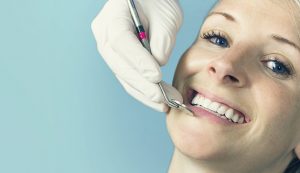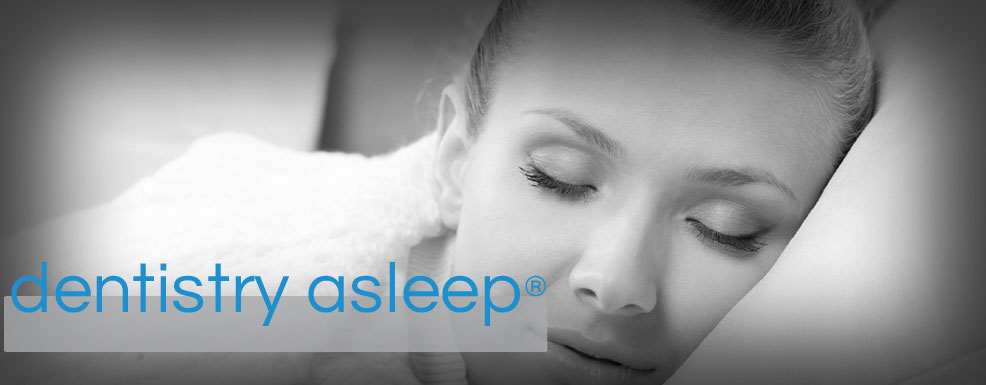 When you take a proactive approach to your oral health, you’re able to avoid most problems, and if one arises, it can be addressed before it can fully manifest. Thankfully, your body is designed to give you warnings when things are out of balance. Furthermore, there are also changes you should make to accommodate any new lifestyle demands. As you read on, you’ll discover 10 signs that you should visit a local dentist.
When you take a proactive approach to your oral health, you’re able to avoid most problems, and if one arises, it can be addressed before it can fully manifest. Thankfully, your body is designed to give you warnings when things are out of balance. Furthermore, there are also changes you should make to accommodate any new lifestyle demands. As you read on, you’ll discover 10 signs that you should visit a local dentist.
Sign #1 – Pain or Swelling
If you are experiencing pain or swelling, it could be related to some form of infection. That’s because one of your body’s reactions to excess bacteria growth is to become inflamed around the damaged tissue.
Sign #2 – Gum Inflammation or Bleeding
One of the most prevalent conditions facing adult North Americans is gum (periodontal) disease, which is a condition that stems from the prolonged growth of bacteria. Gum inflammation and bleeding are some of the symptoms of early-stage gum disease, which is called gingivitis.
Sign #3 – Lack of Confidence
One of the unfortunate realities of having smile flaws is that you can be left feeling less confident. This can then negatively affect both your business and personal relationships.
Sign #4 – You’ve Had Dental Work in the Past
If you have received dental work previously, it’s important to visit a local dentist for the following reasons:
- To make sure that any fixture placed is still in proper-working order
- To have your mouth, teeth and gums examined to ensure there are no reoccurring issues
- So the dentist can provide instruction on ways to make improvements in your oral care
Sign #5 – You’re Pregnant
A pregnancy causes major changes to occur in an expectant mother’s body. One area where deficiencies can be seen is in the oral health. Because the developing fetus requires vital nutrients and minerals to facilitate healthy growth, the mother can suffer setbacks in her dental wellness.
An example is with calcium deficiency. If the expecting mother’s nutrition isn’t up to par, her teeth may suffer so the baby can receive what is necessary for its development.
Sign #6 – Trouble Eating, Speaking or Swallowing
If you experience painful sensations when you eat, speak or swallow, this can be a sign of an infection or some other form of malady. By fully examining your oral cavity, a dentist will be able to determine what the issue is and how it can be corrected.
Sign #7 – You Have Dry Mouth
Dry mouth can be caused by gum disease or from taking certain medications. Since having a dryer mouth than usual helps to attract more bacteria, it’s important to be examined because the problem won’t just go away on its own.
Sign #8 – Jaw Pain
If you’ve received trauma to the face from either a blow or fall, and you’re experiencing acute pain in the jaw, you should immediately head to the emergency room for treatment. Your dentist will work with you on what steps to take moving forward, depending on the severity of your injury.
Sign #9 – Spots or Sores in Mouth
Any abnormal spots or sores in your mouth could be warning signs of ulcers, gum disease or oral cancer. To eliminate any guessing, though, you’ll need to visit your dentist.
Sign #10 – It’s Been More Than Six Months Since Your Last Visit
If it’s been a while since you last visited your dentist, then the time is now to contact the office to schedule a preventive care appointment. This will provide a way to be sure that your oral health is in the best condition possible.
One of the keys to fortifying your dental wellness is to be observant and take heed to the information provided. Finally, don’t forget to visit your cosmetic dentist if you notice any of the above signs or life changes.
About the Author
Dr. Kevin Dann earned his D.D.S. degree from the University of Toronto and has gone on to provide nearly four decades of dental care to the surrounding area. He is an expert in anaesthesia and dentistry, which helps him provide comprehensive and competent care to his patients at Dentistry Asleep. Dr. Dann can be reached for more information through his website.




